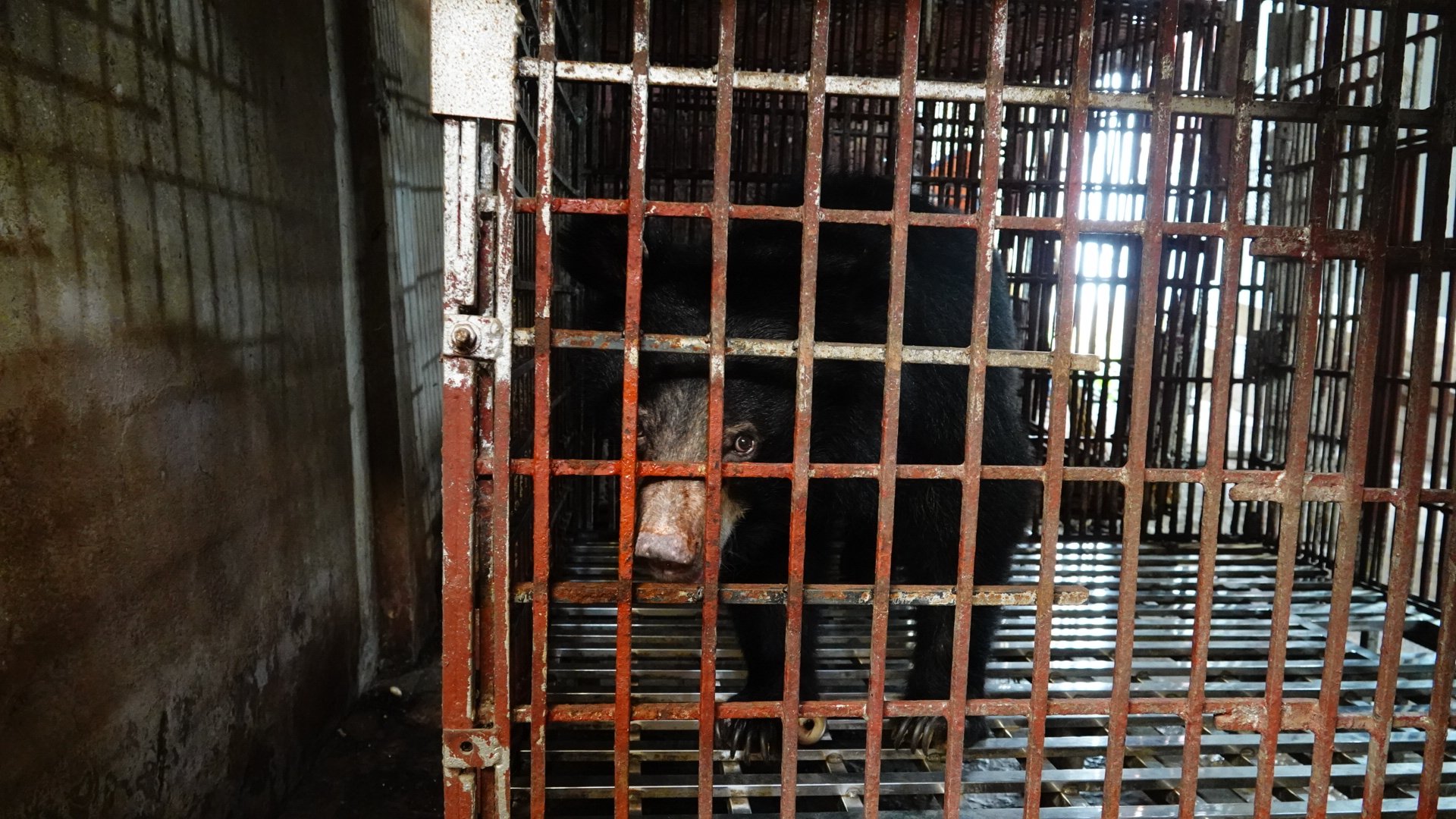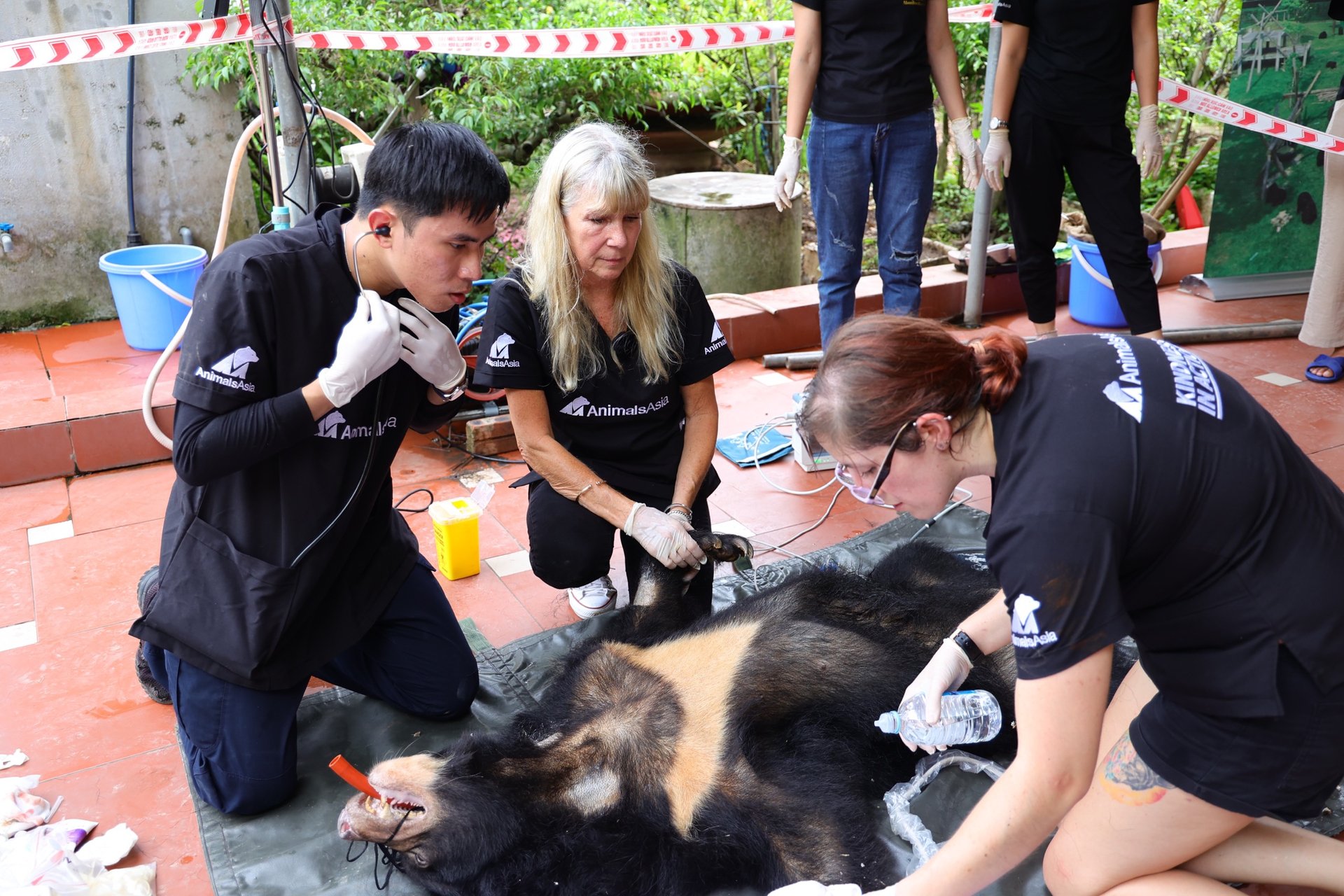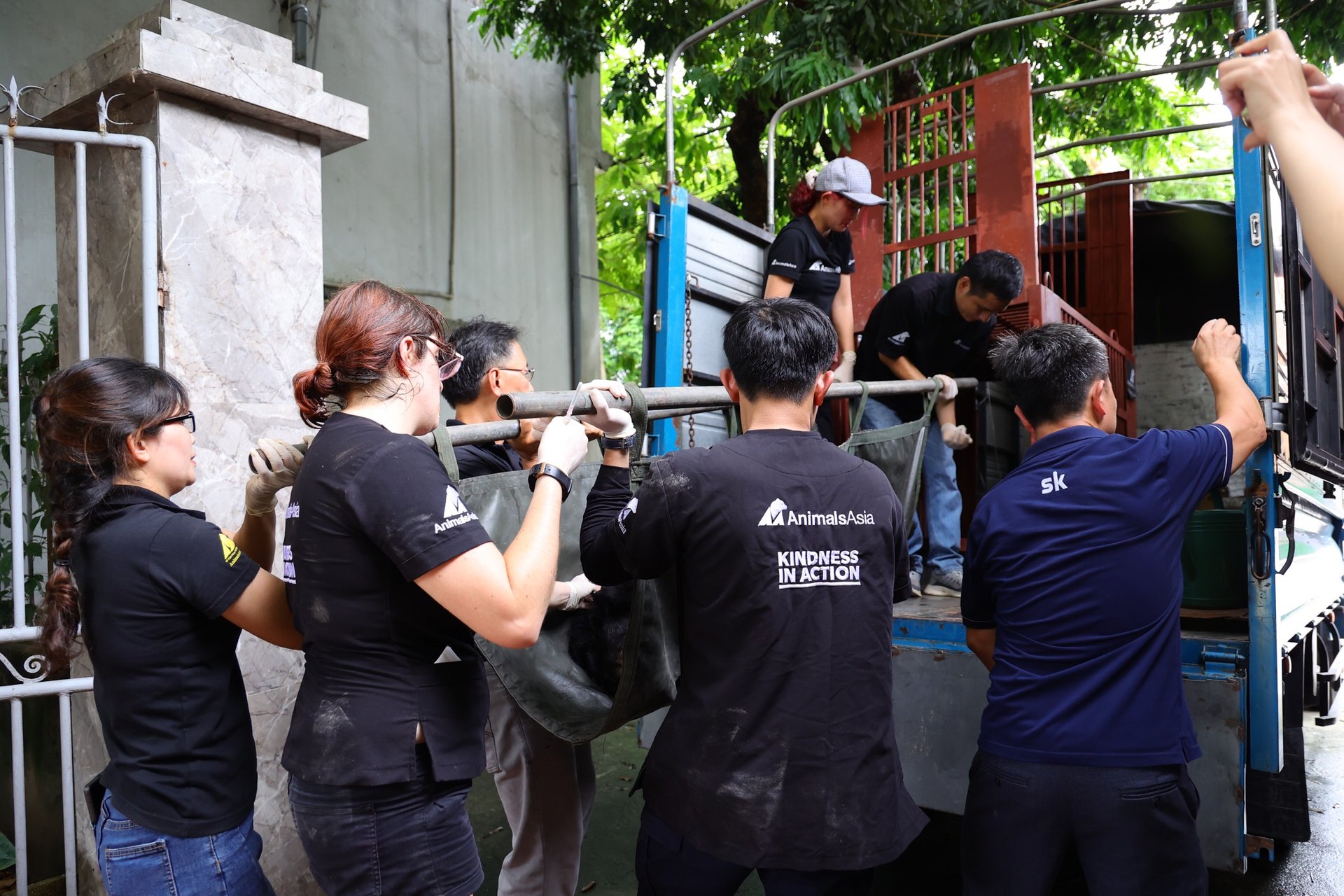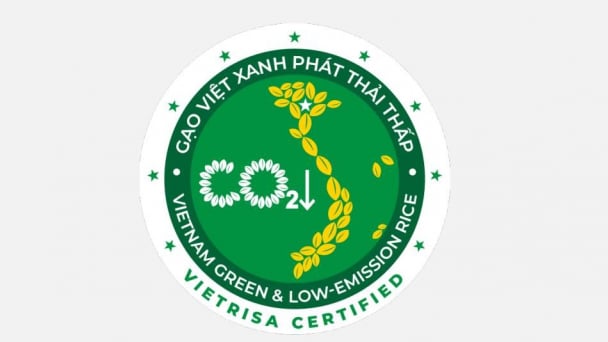May 16, 2025 | 08:39 GMT +7
May 16, 2025 | 08:39 GMT +7
Hotline: 0913.378.918
May 16, 2025 | 08:39 GMT +7
Hotline: 0913.378.918

Kindness female bears have been raised by the family since 2005 before being rescued in an iron cage in the family's kitchen.
The sun bear owner, a household in Duy Tien town, Ha Nam province, has voluntarily applied to transfer the bear back to the State, hoping that the receiving unit, the Vietnam Bear Rescue Center, will take care of the bear in the best condition.
The Ha Nam Provincial Department of Cultivation, Plant Protection, and Forest Protection directly advocated and supported the handover to Animals Asia under the witness of local authorities. This is the last bear in the province managed by this agency.
The household has raised the bear since it was a cub. It is now nearly 20 years old, weighs about 100kg, and is locked in an iron cage in the family's kitchen.
However, owners keep bears in relatively good sanitary conditions and use electric fans to prevent heat and ventilate the bears. Bears are pretty used to people but still show many signs of stress, constantly waving their heads when they see strangers around.
The sun bear was rescued on Animals Asia's 25th anniversary and was given the name Kindness as the slogan chosen by the organization for the principle of Acting Kindness.

The doctor anesthetizes and examines the bear at the owner's house.
To save Kindness, veterinarians anesthetize and examine the bear right in the owner's front yard. Before anesthesia, the Foundation also instructs owners not to feed bears for 24 hours in response to the anesthetic.
Dr. Jill Robinson, founder of the Organization directly involved in bear rescue, helps bears reduce stress and easily access to observe, using foods such as honey, condensed milk, jam, and dried fruit to lure bears to calm the bear. As a result, the veterinarian can observe the bear closely and record the appropriate dose of anesthesia.
Regarding the bear's health status, veterinarian Rachel Sanki said that although it is pretty thin, it is not unusual for its age. The feet are calloused, cracked, and especially the nails grow long and cling to the feet.
Bear needs more gallbladder examinations when he returns to Vietnam Bear Rescue Center. In addition, the bear's teeth also need to be cleaned.
After anesthesia and physical examination, the bear was quickly placed in a transport cage and loaded onto a truck. Ha Nam Plantation, Plant Protection and Forest Protection Department completed special procedures for transporting bears to Tam Dao on August 4.
Previously, at the time of the initial installation of bear chips in the whole country in 2005, Ha Nam province had 28 bears. After 18 years, the entire province was no longer in captivity.
Reportedly 2009, Animals Asia successfully rescued two bears from Ha Nam.

Bears are carried on a stretcher to a transport cage and placed on a truck after anesthesia and physical examination.
Before Ha Nam, there were more than 20 provinces that formerly existed. Now that bear farming has ended, Animals Asia has rescued the last captive bears in some provinces, such as Thua Thien Hue, Quang Ninh, Gia Lai, Lang Son, Tay Ninh, Ben Tre, Binh Thuan, Lai Chau, Dien Bien, Cao Bang.
This is Animals Asia's sixth rescue mission this year, bringing the organization's total number of bears to 265.
The sun bear is listed in the International Union for Conservation of Nature (IUCN) red list as a vulnerable species among endangered animals. They are threatened mainly by deforestation and loss of habitat. Farmers also kill bears because of their threat to livestock and poultry, and they are also unpopular because their habit of barking reduces the value of the crop. Another problem that bears face is that they are commonly hunted for their bile, which is used in Chinese medicine.
As China banned the hunting of sun bears in the 1980s, bear bile is supplied to consumers by special bear farms, where bears are kept in cages, and the bile is periodically withdrawn by aspirate bile through syringes after the bear is anesthetized. Proponents of this claim that without such farms, the high demand for bear bile would increase poaching and make the already endangered bear even more dangerous.
In Vietnam, hunting bears for bile has caused hundreds of bears to be kept in cages and tubes inserted into their abdomens to drain their bile. It is estimated that in 2005, Vietnam had 4,500 bears kept in cages for this purpose. But because the price of honey is decreasing, the owners are not profitable, so hundreds of bears are starved to death, then slaughtered. Bear meat and bear hands are used in Eastern medicine. In 2018, less than 800 animals were locked up for bile in Vietnam.
Translated by Ha Phuc

(VAN) Veterinary training should focus on quality, not just quantity. Veterinarians also need more options to pursue specialized training.

(VAN) The veterinary industry needs to be viewed objectively and further invested in to properly demonstrate its role and importance in the new context.

(VAN) The number of veterinarians graduating each year is not enough to meet actual needs, hence a difficult problem for the growing livestock industry.

(VAN) The strategic partnership between Cambodia, the Philippines, Vietnam, and CGIAR ensures that innovative solutions effectively address national priorities for food system development.

(VAN) This was affirmed by the UK Minister of State at the Department for Environment, Food and Rural Affairs during a working session with Deputy Minister Tran Thanh Nam on May 13.

(VAN) On May 13, the Ministry of Agriculture and Environment, in coordination with the Embassy of Vietnam in the United Kingdom, organized a seminar titled 'Connecting trade in Vietnam-UK agricultural, forestry, and fishery products'.

(VAN) The launch of the Vietnam green and low-emission rice brand is a positive signal for both businesses and farmers, marking readiness to reach new heights in the global market.